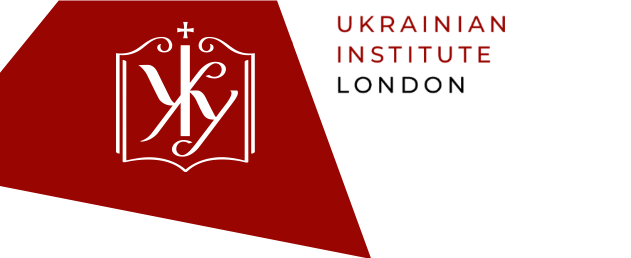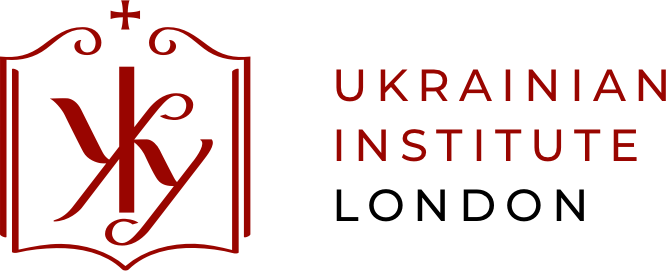An event on May 18 2016 dedicated to the personal experience of surviving the Holocaust in Poland and Ukraine.
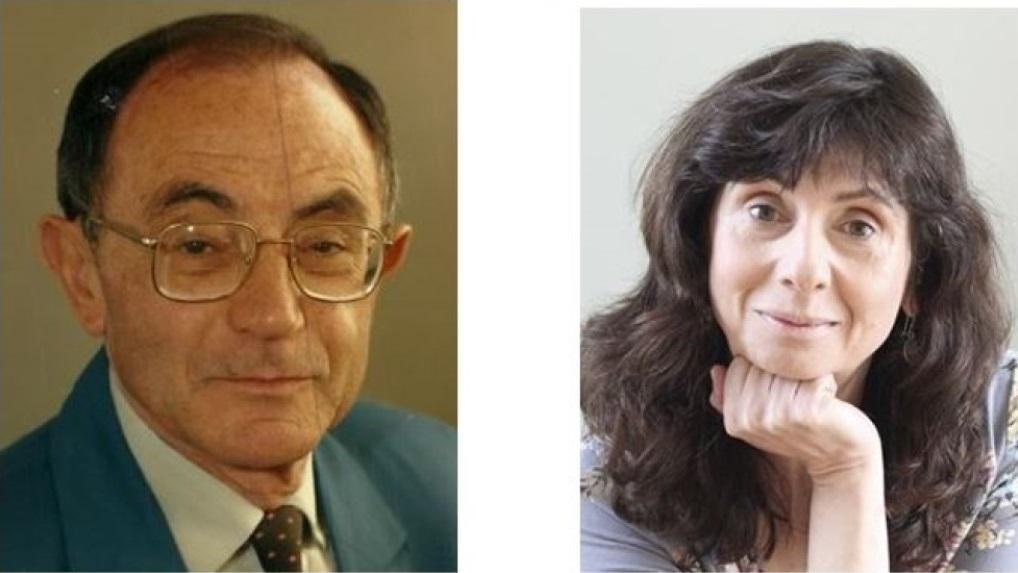
AUTHOR
Ukrainian Institute London
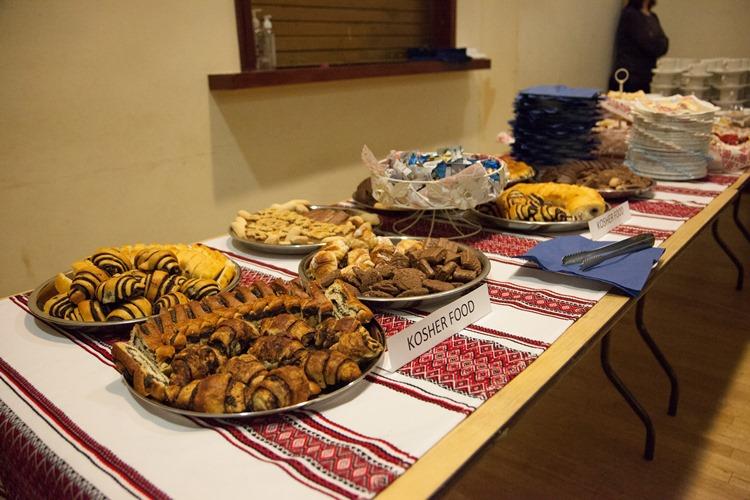
“We want more events like this,” said a Ukrainian member of the audience at a film screening and discussion on May 18 2016 dedicated to the personal experience of surviving the Holocaust in Poland and Ukraine. It brought together representatives of the Ukrainian, Polish and Jewish communities in London, communities which otherwise rarely cross. The event became possible thanks to partnership between four different London-based organisations: Spiro Arc, a Jewish charity, the Ukrainian Institute London, the Polish Embassy and the Association of Ukrainians in Great Britain, which hosted the event at the Ukrainian Community Centre on Holland Park Avenue.
Photo: Kosher pastries were provided by the Polish Embassy London.
The film screened at the event, “Shimon’s Returns” (2015), was filmed in Ukraine, Poland, and Israel. The film tells the story of Shimon Redlich going back to two places of his childhood in Nazi-occupied Poland: Berezhany, in today’s Ukraine, and Lodz, in today’s Poland. He contacts once again the children of a Ukrainian, Tanka Kontsevych, and a Pole, Karol Codogni, who hid his family during the Nazi occupation when Shimon was a young boy. The film also explores what the memory of the Holocaust means for today’s communities in these two places. Despite the horrors of those events, there is lightness to his touch as he speaks of them and projects them into today’s reality: we have to remember and to be human.
The film screening was followed by a panel discussion featuring Shimon Redlich and Joanna Michlic, moderated by Marina Pesenti, Director of the Ukrainian Institute London.
When someone knocks on your door, would you open it if you know that by doing so you risk your own life and the life of loved ones?
During the discussion Mr Redlich framed his story thus: “The truth is very complicated. I am trying to explain to my audiences in Israel, where I live and teach, that the choices which Ukrainians and Poles had to make when faced with the Jewish Holocaust were stark. When someone knocks on your door, would you open it if you know that by doing so you risk your own life and the life of loved ones?”
Mr Redlich, who is a professor of Ben-Gurion University of the Negev in Israel, is convinced that it is not a question of nationality, but of bravery and integrity. “And in my case, the Polish and Ukrainian rescuers had it,” he said.
Only 5-10% of children who lived through the Holocaust survived, pointed out Joanna Michlic in a panel discussion which took place after the screening.
Behind each rescuer there was a network of supporters who helped in smaller but important ways, and their contributions should not be forgotten.
It’s only recently that the experiences of Jews who survived it and other ethnic groups who were their rescuers have been recorded and offered for intellectual debate, she said. Rescuers of Jewish children were one of those groups, added Ms Michlic, who is a historian of contemporary European history at the University of Bristol. Why did it take so long for their stories to be voiced?
“This is the heritage of totalitarianism,” Joanna said,“ when communist regimes suppressed any alternative discourses of WW2 and banned any unsanctioned personal accounts of the tragedy.” One also has to keep in mind that behind each rescuer there was a network of supporters who helped in smaller but important ways, and their contributions should not be forgotten, she pointed out.
To try and understand the other side of the story – this was a key message in the debate. “It was unthinkable for me to travel to Ukraine in the 1970s with my Israeli passport,” remembers Shimon. “I remember arriving in Lviv in the early 1990s and travelling to Berezhany to meet Tanka’s family for the first time,” he said. “I remember my undefined fear of banderivtsy, the Ukrainian WW2 underground resistance, lurking in the background.”
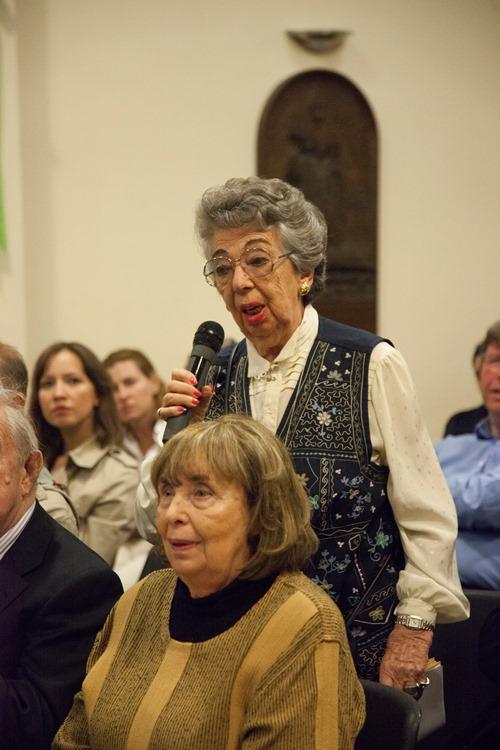
Another Holocaust survivor, present in the audience, was Lily Polman, rescued by Metropolitan Andrey Sheptytsky. Sheptytsky, a leader of the Ukrainian Greek-Catholic church during the period, is known to have saved some 150 Jewish children. However, he is not recognised among the Righteous by Yad Vashem, the Holocaust Martyrs and Heroes Remembrance Authority, something that Ms Polman has long been campaigning for.
“Some of my colleagues in Israel are dismissive of Sheptytsky’s efforts, saying he saved just “a few” Jewish children. Ukrainians, on the other hand, tend to say he saved “lots.” It is important we stick to the facts and remember.”
Photo: Lily Polman addresses the speakers and audience at the event.
